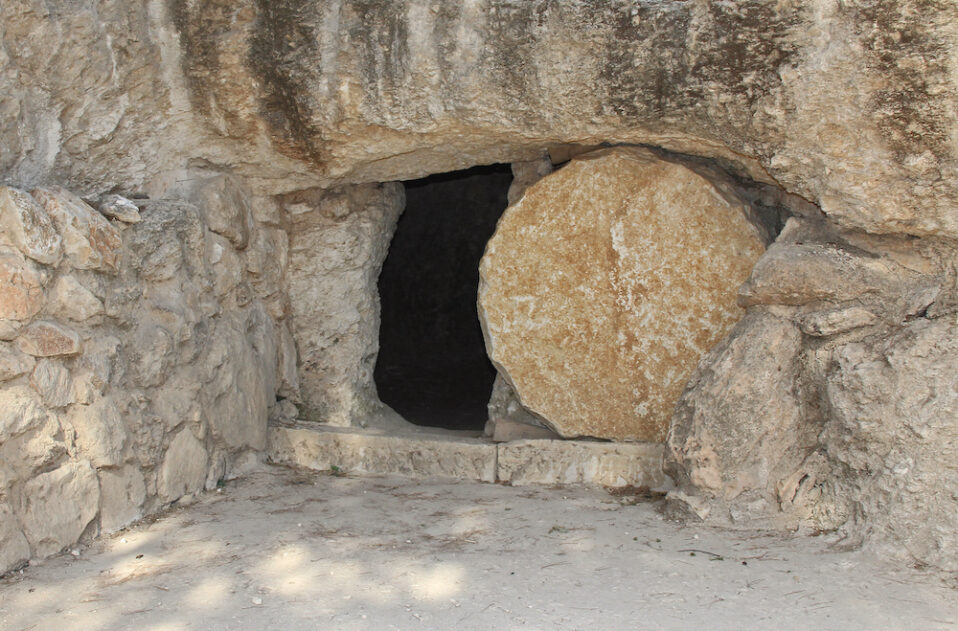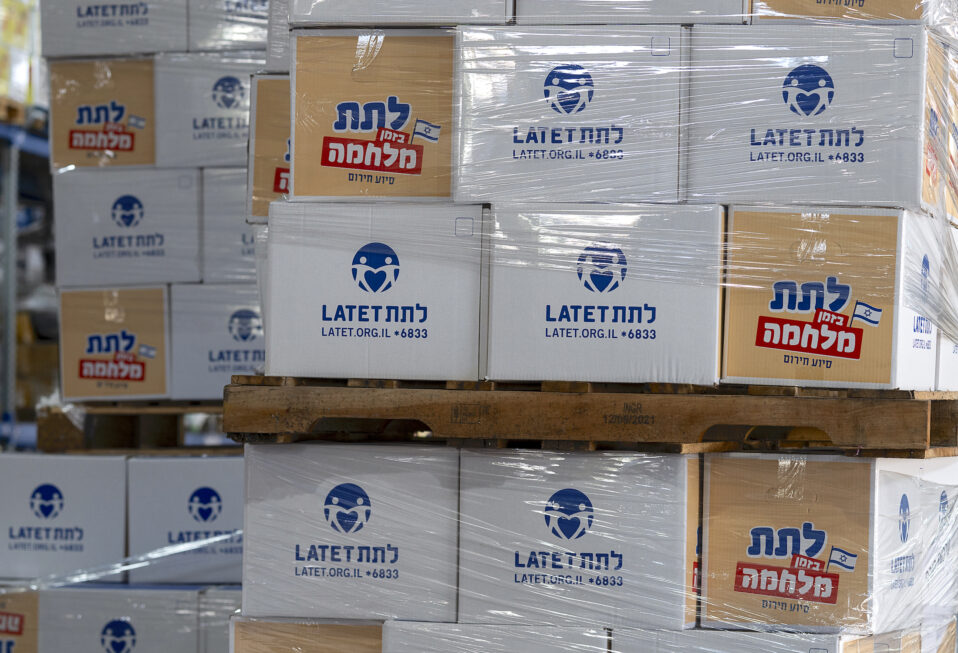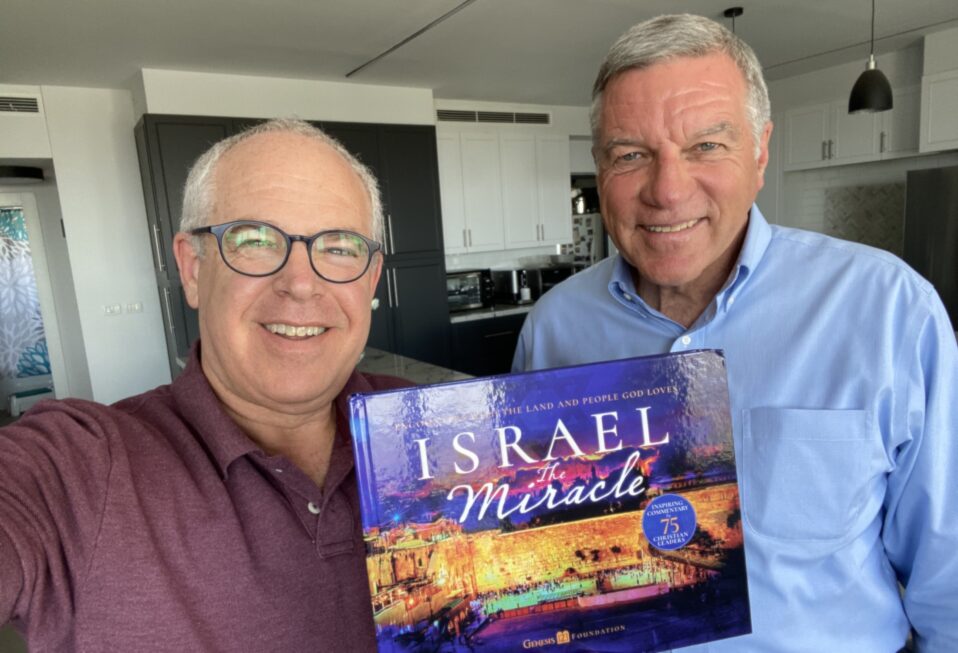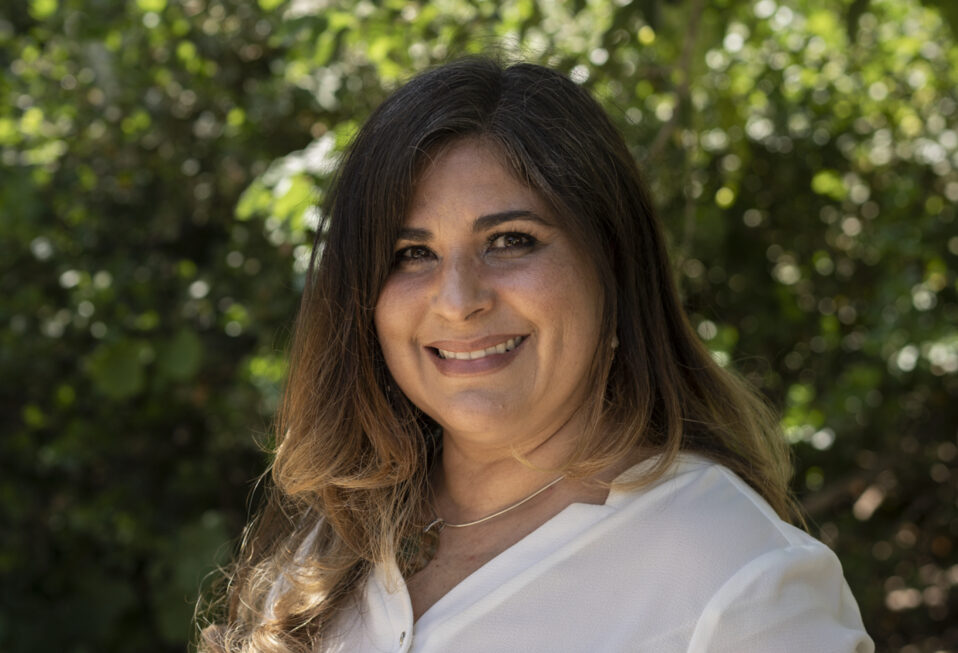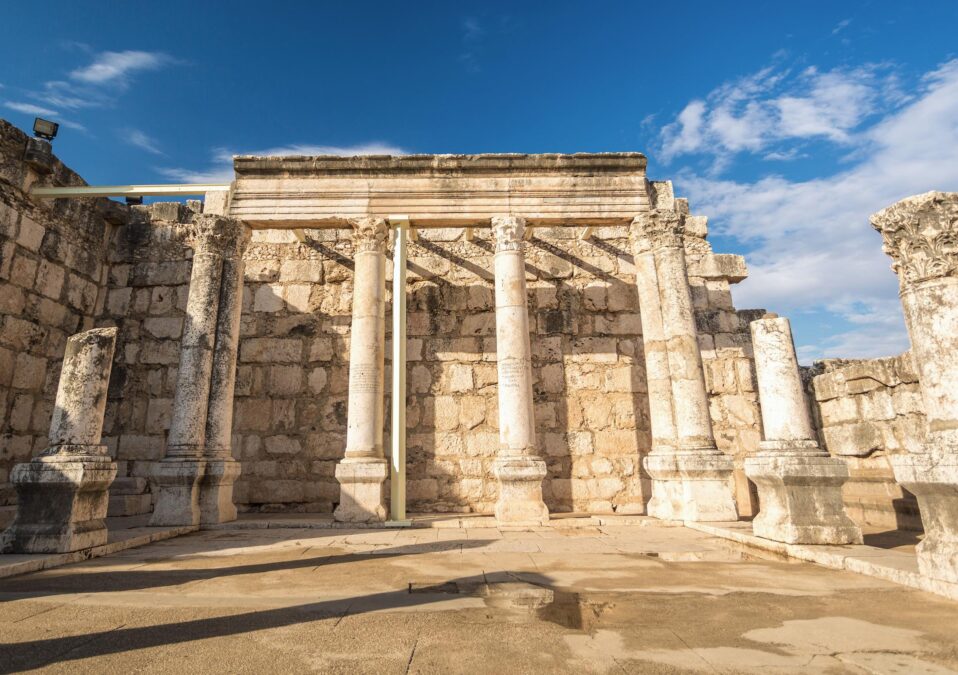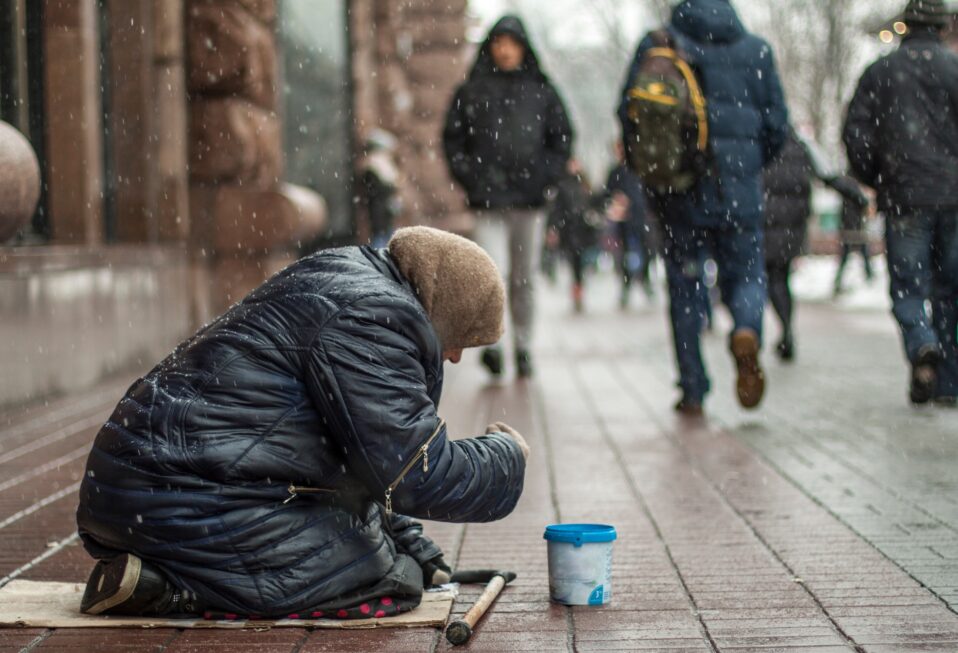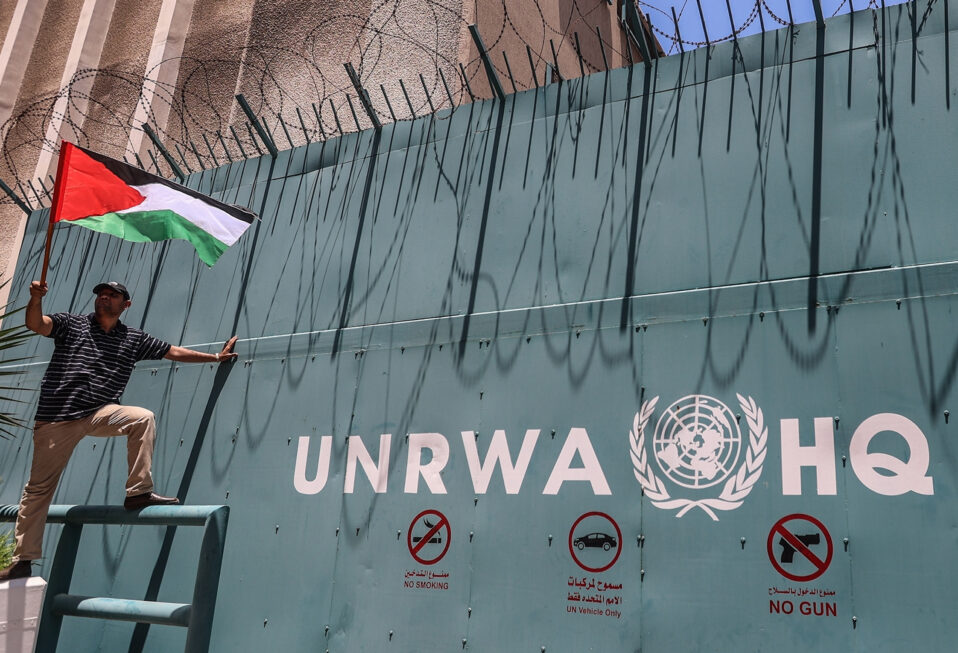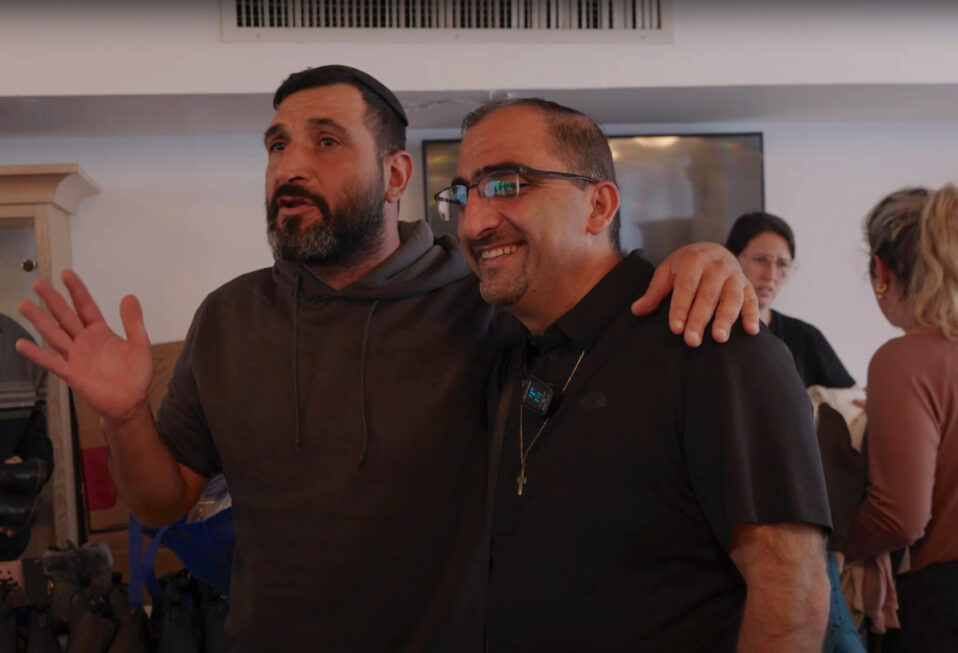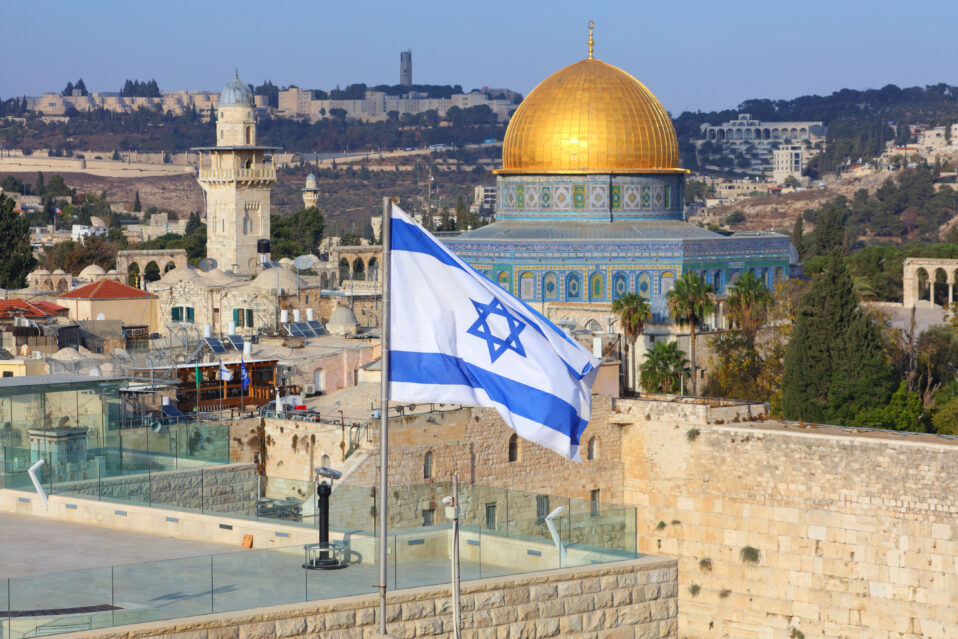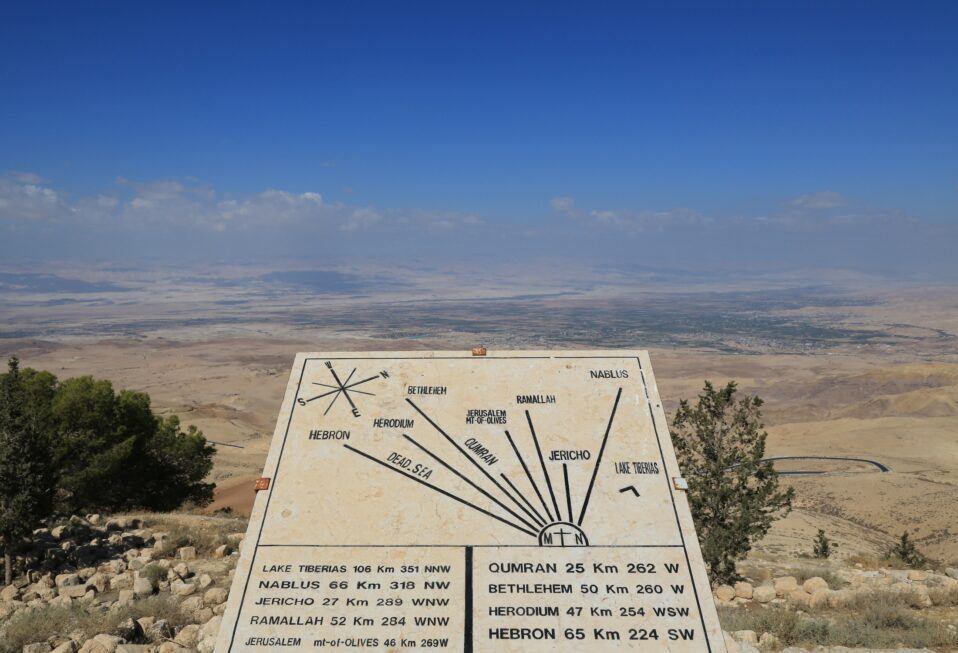By Marc Turnage
Bible readers find the issue of Jewish burial customs and tombs interesting due to the story of the death and resurrection of Jesus. While the Gospels do not provide an exact location for the tomb of Jesus, although tradition and archaeology does support the traditional location of the Holy Sepulchre, they do offer several interesting details about Jewish burial practices and the style of tombs used in the first century. And, since Jesus was placed in a new tomb, in which no one had ever been laid (Luke 23:53), the style of His tomb must have been one of two known from the first century.
Jewish tombs in the first century consisted of two types: kokhim and arcosolia. The most common being the kokhim. A kokh (singular) was a long, narrow recess cut into a rock tomb in which a body, coffin, or ossuary (bone box) could be laid. The typical kokhim tomb was hewn into the hillside and consisted of a square chamber. The entrance to an ordinary kokhim tomb was a small square opening that required a person entering to stoop. The height of the chamber was usually less than that of a person, so they often cut a square pit into the floor of the chamber. This pit created a bench on three sides of the chamber where the bodies of the deceased could be prepared.
After the chamber and the pit were cut, the kokhim were cut level with the top of the benches and perpendicular to the wall of the tomb in a counter clockwise direction, from right to left, in every wall except the entrance wall. One to three kokhim were usually cut per wall. The kokh had roughly vaulted ceilings and were the length of the deceased or a coffin. After the deceased was placed into the kokh, a blocking stone sealed the square entrance of the tomb. Small stones and plaster helped to further seal the blocking stone. The tomb was sealed in a manner that it blended into the surrounding hillside.
After a year, when the flesh had decayed, the bones were collected and buried into the ossuary. Once the bones were placed into the ossuary, the ossuary could be placed in a loculus (kokh) within the tomb or upon the bench or floor of the main tomb chamber. Ossuaries were made of the soft, chalky limestone (a few ossuaries were made out of clay or wood) and consisted of a box where the bones were placed and a lid. The limestone was placed into water to soften the stone, which allowed the stone to be easily carved into the ossuary.
Originally ossuaries served one individual, so the dimensions of the ossuary were the length of the femur and the width and height of the pelvis and skull. Many ossuaries, however, contain the bones of more than one person (and not complete persons at that). Most of the ossuaries discovered bear decorations, although they can be plain. Professional craftsmen decorated the ossuaries using a compass, ruler, straightedge, carving knife, gouge, mallet, and chisel.
Many ossuaries bear inscriptions in Hebrew, Aramaic, and Greek. These inscriptions were not done by professional scribes, but in the semi-dark of the cave by family members, to identify the deceased. Archaeologists excavating south of the Old City of Jerusalem in 1990 discovered an ornately decorated ossuary bearing the inscription “Joseph, son of Caiaphas,” the high priest who turned Jesus over to Pilate. It held the bones of a sixty-year-old male, and in the eye sockets of the skull were two coins. The practice of secondary burial in ossuaries date from the period of the first century B.C. to the first century A.D. Jews could also bury in coffins during this period as well.
In addition to the kokhim tomb, arcosolia tombs began to appear sporadically during the first century. The arcosolia is a bench-like aperture with an arched ceiling hewn into the length of the wall. This style of burial was more expensive since only three burial places existed within a tomb chamber instead of six or nine, as typically found within kokhim tombs. Approximately 130 arcosolia tombs have been discovered in Jerusalem and over half of them also contain kokhim. Ossuaries (bone boxes) could be placed on the arcosolia benches.
The tomb identified within the Holy Sepulchre as the tomb of Jesus was originally an arcosolium (singular) with an antechamber; however, the centuries of pilgrims and the various destructions of the church have deformed and obliterated the tomb. What visitors see today is a later structure; nevertheless, the tomb originally contained a first century arcosolium tomb.
Burial practices reflect the values, philosophy, and religion of people. The style of tombs used by Jews in the first century differ significantly from those used in the period of the Old Testament, which reflects the development of views of death and the afterlife from the period of the Old Testament to the New Testament.
Marc Turnage is President/CEO of Biblical Expeditions. He is an authority on ancient Judaism and Christian origins. He has published widely for both academic and popular audiences. His most recent book, Windows into the Bible, was named by Outreach Magazine as one of its top 100 Christian living resources. Marc is a widely sought-after speaker and a gifted teacher. He has been guiding groups to the lands of the Bible—Israel, Jordan, Egypt, Turkey, Greece, and Italy—for over twenty years.
Website: WITBUniversity.com
Facebook: @witbuniversity
Podcast: Windows into the Bible Podcast


